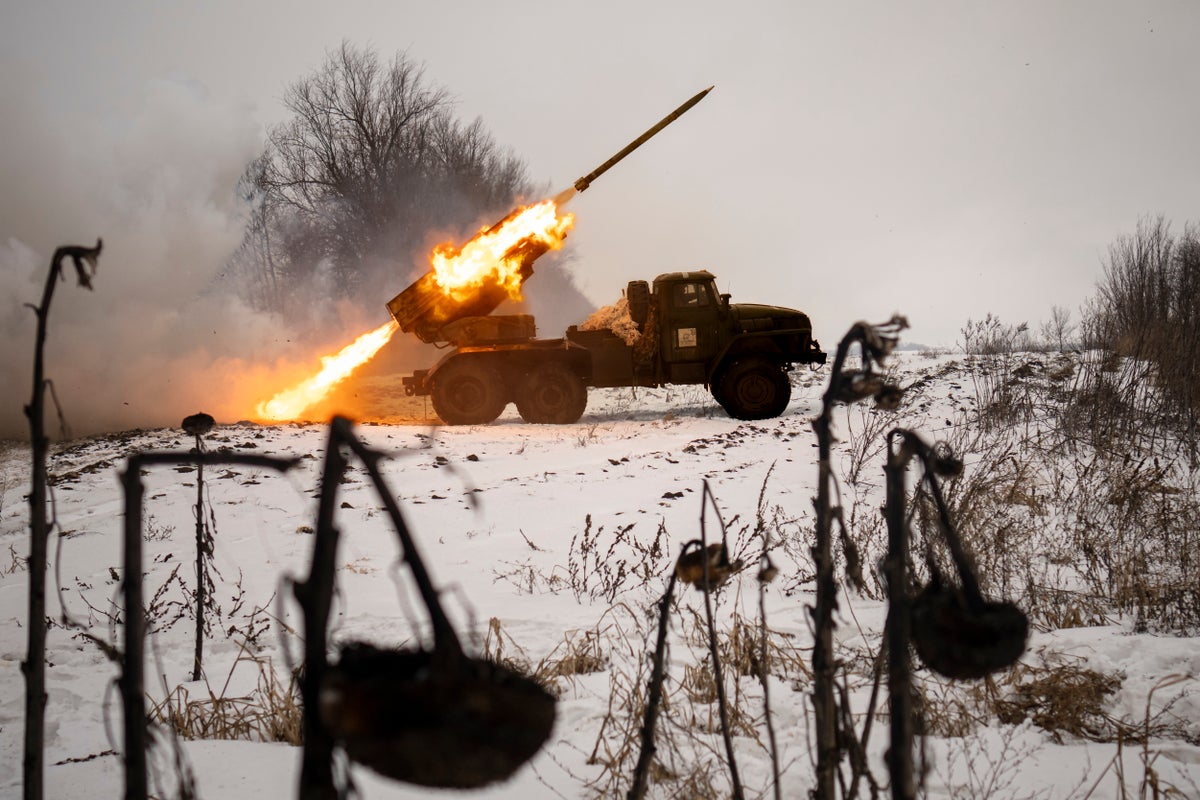
The Pentagon’s inspector general said Tuesday his office has found no evidence yet that any of the billions of dollars in weapons and aid to Ukraine has been lost to corruption or diverted into the wrong hands, but cautioned that those investigations are only in their early stages.
Keeping military aid to Ukraine protected from waste or fraud has become a critical part of keeping support for Ukraine intact in Congress, where some lawmakers have already begun to question why the U.S. is spending so much to help Kyiv.
Robert P. Storch was pressed by House members several times about any fraud findings. He said a number of tips and allegations have come in to a new hotline, but there have been “limited findings” to date, with many reports pending.
Storch, who was testifying with other Pentagon leaders before the House Armed Services Committee, repeatedly said he did not want to talk about investigations that have not yet been completed.
Rep. Mike Rogers of Alabama, the Republican committee chairman, said Congress has appropriated more than $100 billion in military, economic and humanitarian assistance to Ukraine and NATO allies. Of that, the U.S. has doled out more than $75 billion so far, and that includes nearly $32 billion in Pentagon weapons and training to Ukraine since Russia’s invasion a year ago.
“These are unprecedented numbers. And it requires an unprecedented level of oversight by Congress,” Rogers said.
Members of Congress have persistently questioned how closely the U.S. is tracking its aid to Ukraine to ensure that it is not subject to fraud or ending up in the wrong hands.
The Pentagon has a “robust program” to track the aid as it crosses the border into Ukraine and to keep tabs on it once it is there, depending on the sensitivity of each weapons system, Pentagon press secretary Brig. Gen. Pat Ryder said Tuesday at a press briefing. There's also a small team of Americans in Ukraine working with Ukrainians to do physical inspections when possible, but also virtual inspections when needed, since those teams are not going to the front lines, Ryder said.
Questions over accountability in Ukraine come as some lawmakers push back against continued funding for the war. In early February, a group of 11 House Republicans unveiled a “Ukraine Fatigue” resolution. It stated that the U.S. must end its military and financial aid to Ukraine and urged the combatants to reach a peace agreement.
Colin Kahl, under secretary of defense for policy, told lawmakers that the U.S. has been careful to send Ukraine the weapons it needs, as the war progresses. And he said he believes Ukrainian leaders are aware of concerns about accountability, and “I do think they are taking these issues seriously.”







